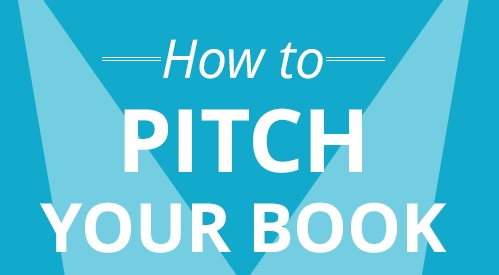 TIPS FOR PITCHING
TIPS FOR PITCHING
Overview
- A Conversation not a Pitch
- Prepare and Improvise
- Pitch from the heart, not by heart
- Expect to learn and anticipate success
Check Out the Pitch-takers
- Take the time to review each pitch-taker, agent, or publisher
- Get a general overview of all pitch-takers
- Visit their websites to learn more
- Think of each as a literary pro, a professional resource
- Note their agency or publisher for contact information for follow up
Plan for Self-care
- Rest and eat well a few days before the event to be bright-eyed and alert
- Plan a special treat right after the event, something sweet to celebrate your efforts
Virtual Adjustments for Optimal Contact
- Set computer camera at eye level or higher, set up ahead of time & practice on Zoom
- Highlight your face close to the camera to enhance personal communication with facial expressions
- Eye contact – vary looking from camera up to down, looking at the pitch-taker, then at the camera. Do not lock-in on the camera, even look away when you are thinking.
Pitch Practice Sessions
- Draft the pitch content and time it for 3 minutes
- Record the pitch on your phone or other device and playback
- Adjust for content, pacing, and time limit
- Record on Zoom to practice camera set up, eye contact, presence, timing
- Practice on Zoom with a partner, either gallery or speaker view–coach one another’s content and presentation
Pitch Content:
A Suggested Interactive Conversation
- Begin with an ice breaker to connect with the agent or publisher. This could be a question or a comment about their work based on your review.
Examples: “I’m impressed with your recent placement for [book] with [publisher].” OR “It’s great to finally meet you, I’ve heard so much about your work in [genre/authors].” Or “I hope you’ve been enjoying the virtual event so far.”
- Describe your book, its genre, with a hook, even a 6-word phrase, the elevator pitch
Examples: A memoir: Searching for my mother’s murderer. OR Self-help: Rediscovering yourself in loss. OR Fiction: Two teens escape from a juvenile work farm.
- Go deeper and provide the context for your book: time period, history, cultural background.
Example: Memoir: It’s the story of how I, an Orange County housewife, spent four years searching for my mother’s murderer when law enforcement officials in both Mexico and the US gave up during the 70s.
- Promote the appeal of the book, why a reader should care or identify, be entertained or inspired.
Example: Memoir: Many people dream of solving an unsolvable murder case and cracking a code no one else could touch; few people actually pull it off.
- Provide comp titles, successful books in your genre with a similar theme or style, perhaps with a catchy phrase.
Examples: Series: “Jane Austen meets Gossip Girl.” OR My book compares to [title] and [title]. OR If you looked for my book on a shelf in a bookstore, it would sit between [title] and [title].
- All about YOU: Share relevant accolades, awards, platform, successes.
Examples: Are you an award-winning writer? A respected leader in your field? Was your last book a New York Times bestseller? Is this book the next installment of a beloved series? Did someone famous give you a killer blurb? Why are YOU the best person to write this book?
- End with open ended questions and a smiling “thank you” —ON TIME!
Example: Do you see the publishing business changing?
